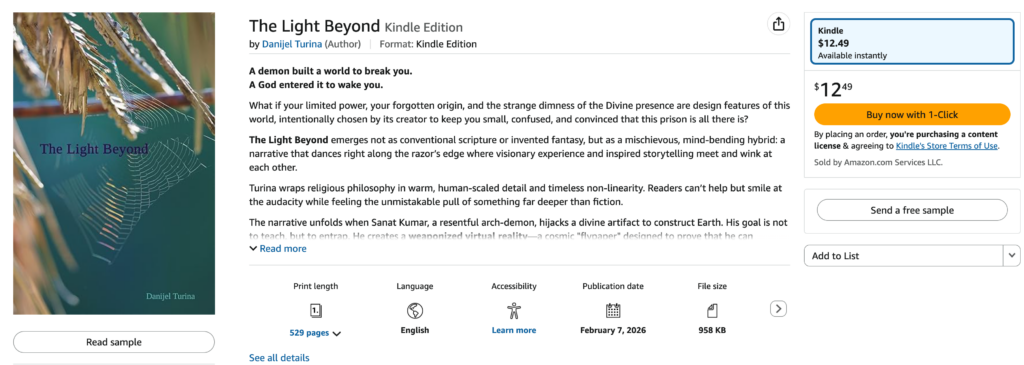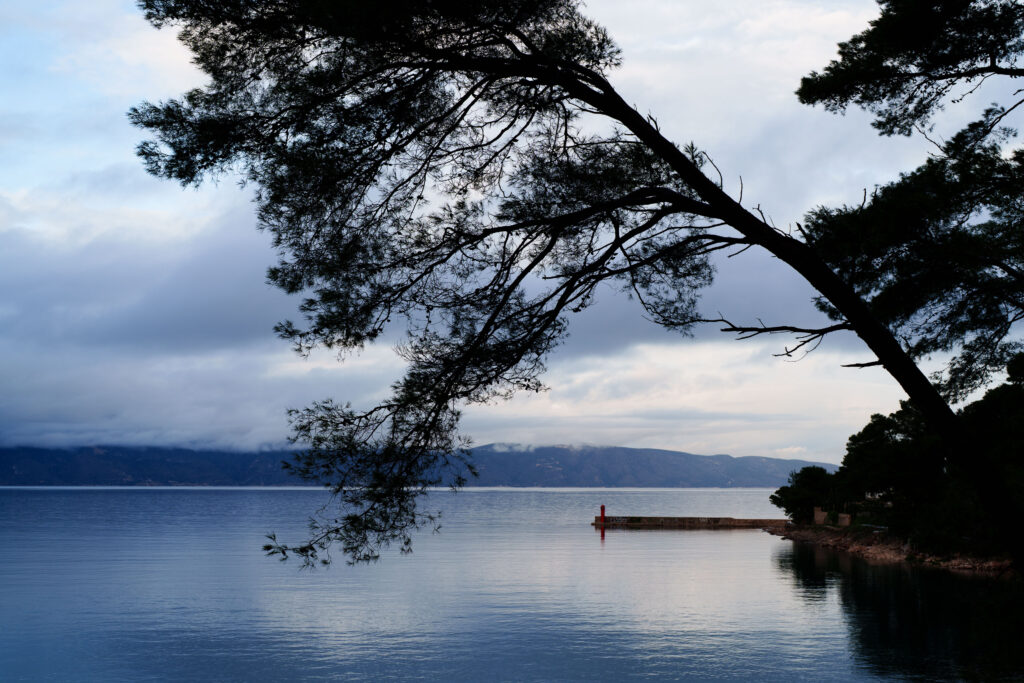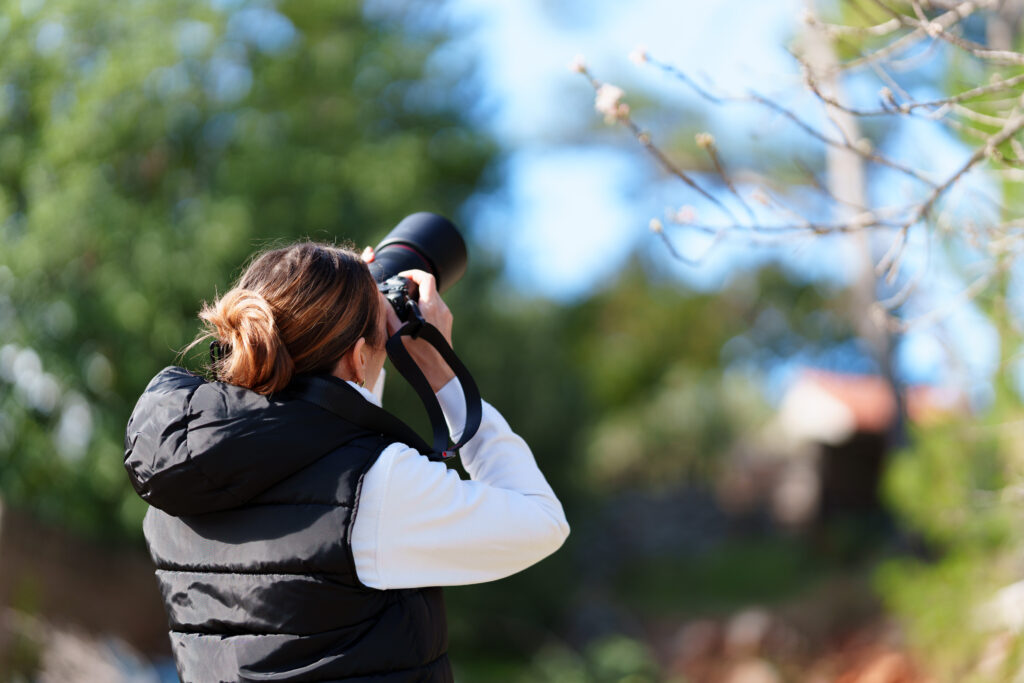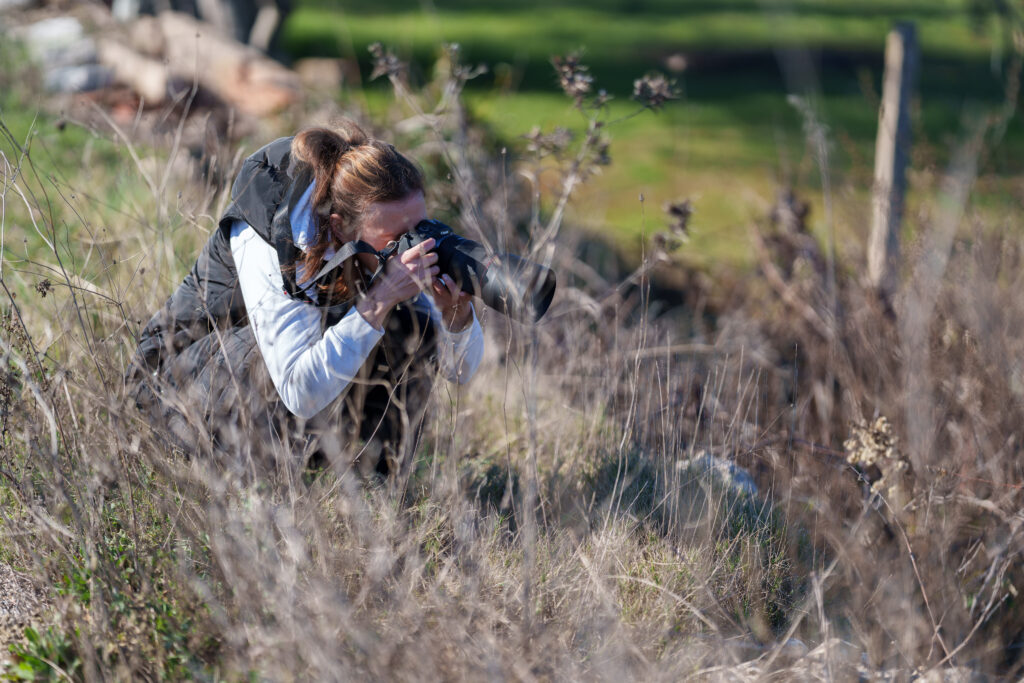There’s something that annoys me greatly in modern literature, and that’s the tendency to create morally grey or ambiguous characters, without a clear line between right and wrong. Even the things that start as morally clear, like Star Wars, later get revised to include some nonsense like Light Side of the Force being “unbalanced” and needing to be “balanced” by the Dark Side, which is the exact opposite of how Lucas initially envisioned it – the Light Side being the Force in its normal state, and Dark Side being a malformation, a cancer-like structure that corrupts and consumes its user. In some works, such as the “Game of Thrones”, moral ambiguity is the actual point, and all characters are intentionally written as morally grey. This is supposedly “more realistic”.
I think there are multiple reasons why people do this. One is the fact that evil people will always desire to cloud the concepts of good and evil in order to make themselves “normal”, if not good. Basically, if everybody is morally compromised, they are fine.
The second reason is that the religions behave in ways similar to that of the totalitarian regimes, which intentionally create laws that make everybody guilty of something, so that nobody can feel justified or pure; there’s always something you’ll be guilty of, you are all sinners, and all need to live in fear of punishment, and the state, or the church, can basically pick out anyone and make an example of them. This is the problem with a totalitarian state that is also a police state and a surveillance state – it writes ambiguous laws where anyone normal and reasonable can be made to look guilty of some abject nonsense like something-phobia or intolerance of some evil, or “reactionary ideas”, and since everybody lives under cameras and other forms of surveillance, every normal person lives in fear of raising their voice or making themselves stand out in any way, lest they be summarily arrested for the crime of being normal. The religions made so many rules that make people feel they are sinners who will be condemned to hell anyway, that it has the counterproductive effect of them deciding to do whatever, since they are doomed in any case.
That’s why the message from above is a clear “no, that’s not how it works”. They condemn both the religions in their narcissistic totalitarianism, as well as the evildoers who try to cloud the line between right and wrong. There is a very clear line between right and wrong, but it’s not the stupid nonsense and adherence to some rule book the religions preach. That’s why the Gods in “The Light Beyond” are presented as absolutely morally unambiguous, perfectly “white” characters; because that’s what the actual Gods are. This, however, doesn’t mean that everybody else is condemned to hell, and that the Gods are judgmental to the point of finding flaws with a microscope with intent of throwing to hell everyone who has even the slightest blemish. No; they are incredibly kind and tolerant of all kinds of errors and flaws, but they also have an excellent nose for the actual evil, exactly because they are its opposite. There’s a huge difference between making mistakes, or making a wrong call somewhere, or misjudging circumstances, or doing things you end up regretting, and actual evil. Also, evil isn’t measured the way people think. It’s not a scalar, where he who commits most sinful deeds wins the deepest place in hell; if murder is evil, he who commits most of it is most evil. Some of the most evil people never killed anyone, they just lived in such a ways that produces a deep spiritual darkness that tried to extinguish the Light of God in others, the way it is extinguished in themselves. Yes, murderers are often very evil. However, evil itself is a spiritual corruption, a fall of soul into spiritual darkness and adoption of darkness. Evil actions do often follow from that state, but not necessarily and not always. You can be a completely depraved and evil person without actually ever doing much about it.
Also, since the religions create an impression that everything is a sin, heaven must be a terribly boring place, since everything even the least bit fun must be outlawed there. This is absolutely not how it works. I’ve seen religious texts that imagine Heaven in ways so simplistic, boring and idiotic, that no reasonable person would want to live there. For instance, angels supposedly praise God. The higher angels praise God… more, I guess. The highest angels do nothing but orbit the throne of God and say something like “praise, praise, praise to the God Most High”. I mean, how stupid would one have to be to imagine praising God to look like that? That’s why I wrote it in a completely different way: the Gods do it by bringing coffee and comfort to the Judges and Teachers who are stressed and tired, and making them feel better. Or they right a wrongness. Or they create something wonderful. Or they give a special blessing to a very deserving person. Or they destroy some evil. Or they take it upon themselves to purify the world of evil by accepting to suffer in the process. Or they outright praise someone who manifested something wonderful. Or they make love to their spouse. That’s what “praise God” means. It is choosing and supporting things that are of God, and rejecting and destroying things that are opposite to God. It’s not orbiting around the Throne of God and singing “praise!” like zombi harpies. More likely, it’s seeing a good person that is exhausted and making their day better. It’s being a guardian angel to someone, and remind them of God’s presence, and try to discourage them from bad choices.
So, yes, the line between good and evil is very clear. It’s just that it doesn’t look as stupid and totalitarian as the religions try to make it, where it creates a wrong and counterproductive idea that evil is fun, and good is boring.
No, there’s nothing fun about Evil, and there’s nothing boring about the Good. I mean, sure, evil people would probably find it boring if they couldn’t torture anyone or dismember someone’s children for organs. They would probably find it fun to morally and spiritually corrupt someone and see them degraded into abject depravity. See Epstein files for details.
The truly good ones have their fun in different ways. Make a necklace that enhances wisdom. Giggle in the grass with your friends. Make a ring that makes the wearer’s consciousness deeper. Make a dress that makes the wearer more powerful. Write holy scripture that leads to better understanding of God, and dispels ignorance. Make a tiara of bliss and happiness for your sister. Praise and reward those who did something good, and heal them if they suffered in the process. Punish cruelly and without mercy those who caused spiritual corruption of others, and opposed the inner nature of God with their choices and actions. Yes, there are the Hunters – beings who ferret out evil ones and destroy them. They praise God by going after the Epstein-like bastards, every single one, and they dismember them while they scream, until they are no more. And believe me, they are having great fun doing it.
And yes, Satan and his demons are all about rights and freedoms, while Gods and Angels are all about duties and virtues. It’s because rights and freedoms make you a terrible person, while duties and virtues make you a great person. Just think about it. I mean, actually think.













